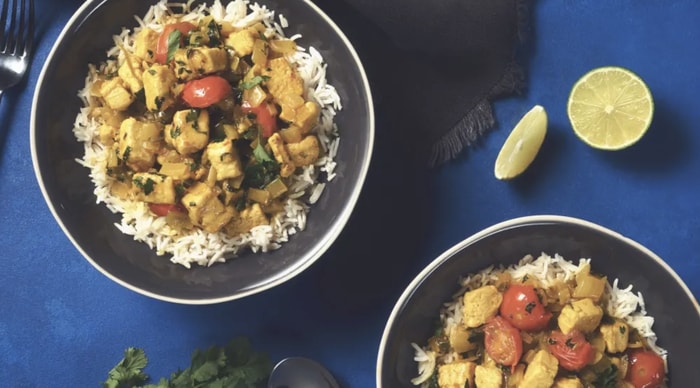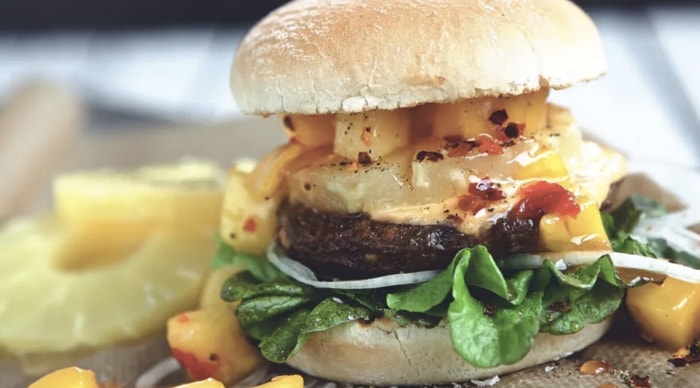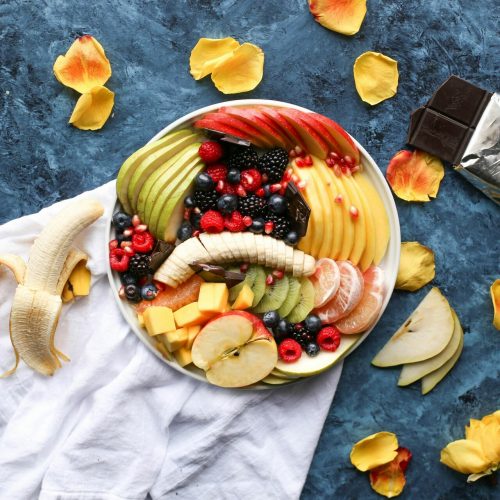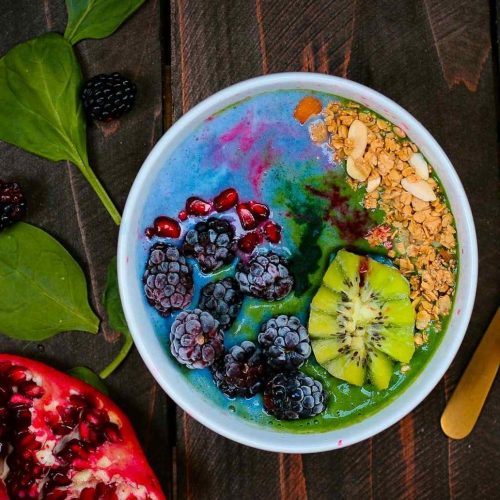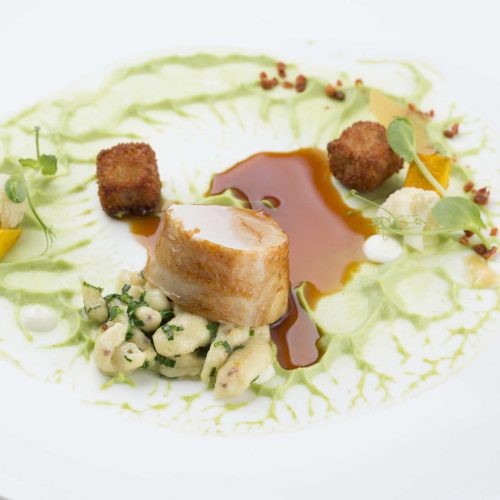Easy Vegan Food Swaps
‘I could never be vegan- I just can’t live without cheese!’, ‘Don’t you miss chicken?’, ‘What about beef?’: whatever your complaint, these easy vegan food swaps leave excuses at the door. Whether you’re a first-time vegan, curious vegetarian or meat-loving omnivore, nowadays almost every dish can be matched with an equally delicious vegan alternative, and it’s for you to find out how.
WHY CHOOSE VEGAN
Vegan diets are those which exclude animal-derived products for medicinal, environmental and ethical reasons. Whether you’re seeking to improve your mental and physical wellbeing, support the livelihood of our planet, or save up to 100 animal lives per year, veganism has gained immense consumer traction in recent years. From meat-free Mondays, to completely eliminating meat and dairy on an absolute scale, choosing vegan has never been easier; regardless of your budget, favourite foods or lifestyle habits.
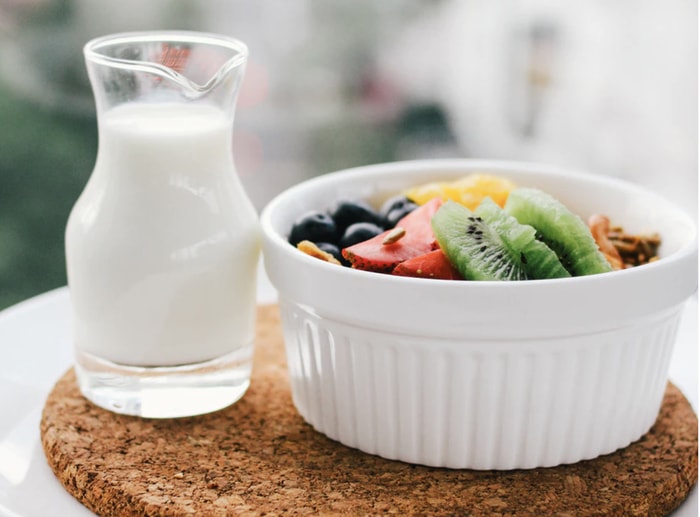
DAIRY
In order to produce milk for human consumption, dairy cows must be pregnant. This is often induced forcibly through artificial insemination: an intrinsically unethical process causing distress for both mother and calf. As a result of this, over a third of British dairy cows develop mastitis; a painful udder infection leading to premature death.
For humans, frequent consumption of dairy products can contribute to heart disease and strokes owing to their high content of saturated fat, known to raise cholesterol levels. Although dairy is revered to promote good bone health, a study by the British Medical Journal has rendered this claim false, proving any link between dairy and the prevention of broken bones/fractures does not exist.
It is arguable that dairy consumption is in itself unnatural; as we grow, our bodies lose the ability to produce enzymes that breakdown lactose, the sugar found in milk, contributing to lactose intolerance, of which currently affects 65% of the human population.
Instead of dairy, creamy coconut or soya-based alternatives are recommended: nutritious, plant-based sources rich in antioxidants, protein and fibre.
Cheese: Depending on the texture and functionality of your cheese desire, PETA’s 2020 guide to vegan cheese will help satisfy even the harshest of cheese critics; from soft cheeses flavoured with cranberry or chilli, to hard cheddar and then more spreadable varieties, the choice for delectable vegan cheeses is endless.
Milk: Almond, soya, coconut, rice and oat are just some of the common plant-based milks on the market today. Bypassing the atrocities of the industrial dairy industry, whilst promoting good blood, heart and gut health, each vegan milk brings their own specific benefits.
Butter: Vegetable oils are the most widespread vegan ‘butter’ swaps. Coconut oil, brimming with vitamins and minerals, is a vital source for essential fatty acids, whereas olive oil and rapeseed oil help to lower blood pressure and reduce the risk of heart disease.
CHICKEN AND POULTRY
Although chicken and its poultry relations are popularly commercialised in the media as ‘lean’ and ‘healthy’ meat choices, scientific research led by leading plant-based physician Dr. Michael Greger has revealed that in reality, their impact on human cholesterol is as bad as beef; suggesting the regular consumption of chicken is ill advised.
Approximately 97% of all retail chicken is contaminated with lethal bacteria, including strains of E. coli, Enterococcus, and Salmonella. In addition to this, The Food and Drug Administration (FDA) has publicly admitted that chicken meat is filled with arsenic; a highly toxic chemical fed to chickens to gain weight. Of which, when ingested by humans, can lead to Bowen illness and various cancers.
In regards to ethics, chickens are highly intelligent animals, generally aware of their surroundings. However, the Humane Methods of Slaughter Act does not acknowledge this and officially exempts birds from all cruelty regulations. For this reason, 99.9% of all retail chicken in the USA have faced serious torture through inhumane methods of slaughter.
Chicken: Cruelty-free, vegan alternatives to slaughterhouse chicken include Quorn, tofu and seitan. Derived from mycoprotein, soy and gluten respectively, these organic, low-fat, high protein products retain the same, taste and texture as original meat. For those seeking wholefoods; lentils, jackfruit, beans, nuts and potatoes can also be successfully substituted for white meat throughout your favourite dishes.
Turkey: Turkey made from tofu, or ‘Tofurkey’ is a prime source of minerals including calcium, folate, magnesium, and selenium. Whilst packing in the same amount of protein as the real bird itself, this popular festive treat is favoured by vegans and vegetarians alike. For those craving cold turkey cuts, seitan is recommended, owing to its high protein, iron and selenium content. Whereas, a nut roast is preferable for something more rustic.
BEEF
Industrial meat production is the single biggest cause of deforestation globally; consequentially contributing to soil erosion, species extinction and water pollution. Beef in particular contributes more environmental harm than any other meat. A leading driver of climate change, the production of beef is extremely water and energy intensive. For example, it takes 2,500 gallons of water to produce a pound of meat but only 25 gallons to produce a pound of wheat. The amount of land used to rear cattle globally is equally obscene: nearly 60% of the world’s agricultural land is used for beef production, yet beef accounts for less than 2% of the calories that are consumed throughout the world.
The consumption of beef and red meat has also been proven to threaten human health. Linked to increased incidences of heart disease, colorectal cancer and type 2 diabetes, these associations are particularly prevalent for processed red meat, such as burgers, corned beef and sausages.
Beef: According to the Guardian, giving up beef will reduce your carbon footprint more than cars. However, swapping beef out of your diet elicits extreme health benefits too. Mushrooms, Quorn, seitan, beans and lentils are some of the best options for plant-based beef. Where mushrooms are rich in B vitamins, lentils: low in calories and packed with iron, contain health-promoting polyphenols which help reduce the risk of heart disease.

